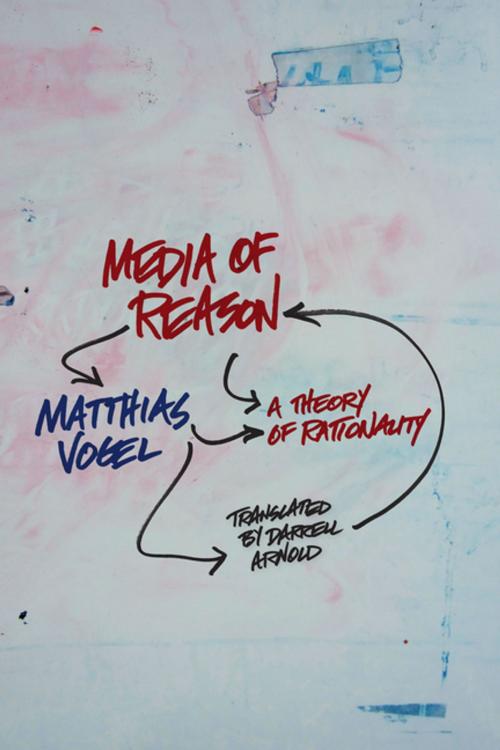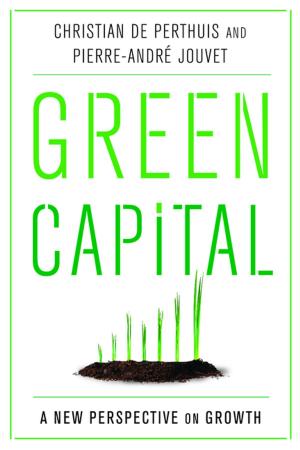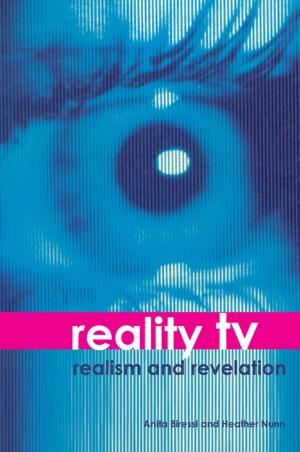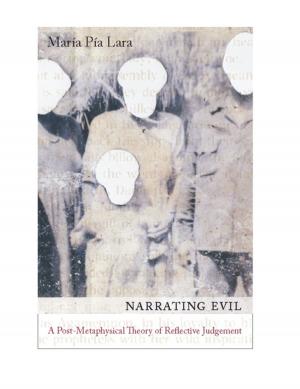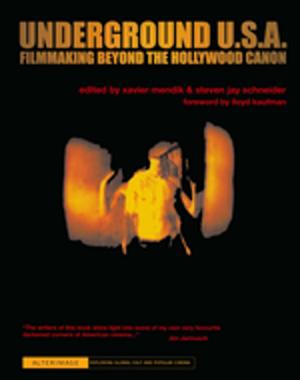Media of Reason
A Theory of Rationality
Nonfiction, Religion & Spirituality, Philosophy, Social & Cultural Studies, Social Science| Author: | Matthias Vogel | ISBN: | 9780231527750 |
| Publisher: | Columbia University Press | Publication: | November 6, 2012 |
| Imprint: | Columbia University Press | Language: | English |
| Author: | Matthias Vogel |
| ISBN: | 9780231527750 |
| Publisher: | Columbia University Press |
| Publication: | November 6, 2012 |
| Imprint: | Columbia University Press |
| Language: | English |
Matthias Vogel challenges the belief, dominant in contemporary philosophy, that reason is determined solely by our discursive, linguistic abilities as communicative beings. In his view, the medium of language is not the only force of reason. Music, art, and other nonlinguistic forms of communication and understanding are also significant. Introducing an expansive theory of mind that accounts for highly sophisticated, penetrative media, Vogel advances a novel conception of rationality while freeing philosophy from its exclusive attachment to linguistics.
Vogel's media of reason treats all kinds of understanding and thought, propositional and nonpropositional, as important to the processes and production of knowledge and thinking. By developing an account of rationality grounded in a new conception of media, he raises the profile of the prelinguistic and nonlinguistic dimensions of rationality and advances the Enlightenment project, buffering it against the postmodern critique that the movement fails to appreciate aesthetic experience.
Guided by the work of Jürgen Habermas, Donald Davidson, and a range of media theorists, including Marshall McLuhan, Vogel rebuilds, if he does not remake, the relationship among various forms of media—books, movies, newspapers, the Internet, and television—while offering an original and exciting contribution to media theory.
Matthias Vogel challenges the belief, dominant in contemporary philosophy, that reason is determined solely by our discursive, linguistic abilities as communicative beings. In his view, the medium of language is not the only force of reason. Music, art, and other nonlinguistic forms of communication and understanding are also significant. Introducing an expansive theory of mind that accounts for highly sophisticated, penetrative media, Vogel advances a novel conception of rationality while freeing philosophy from its exclusive attachment to linguistics.
Vogel's media of reason treats all kinds of understanding and thought, propositional and nonpropositional, as important to the processes and production of knowledge and thinking. By developing an account of rationality grounded in a new conception of media, he raises the profile of the prelinguistic and nonlinguistic dimensions of rationality and advances the Enlightenment project, buffering it against the postmodern critique that the movement fails to appreciate aesthetic experience.
Guided by the work of Jürgen Habermas, Donald Davidson, and a range of media theorists, including Marshall McLuhan, Vogel rebuilds, if he does not remake, the relationship among various forms of media—books, movies, newspapers, the Internet, and television—while offering an original and exciting contribution to media theory.
